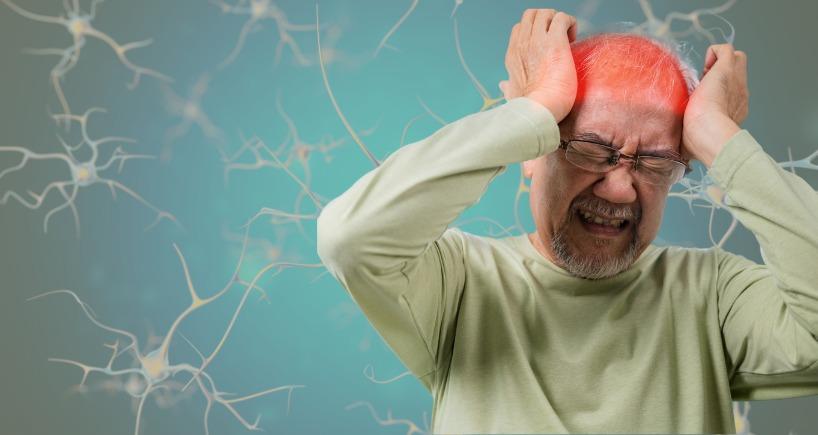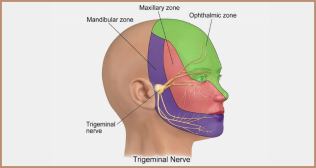
Neuropathic pain
Neuropathic pain is chronic pain caused by damage or dysfunction in the nervous system. It results from issues in the nerves due to injury, disease, or other factors. This type of pain is often described as burning, shooting, or electric shock-like sensations and can be difficult to treat. It originates from abnormal nerve signalling and can affect various body parts.
Explanation:
1. Nervous System: The human nervous system consists of the central nervous system (brain and spinal cord) and the peripheral nervous system (nerves that extend throughout the body). It plays a crucial role in transmission of sensory information, including pain signals.
2. Nerve Damage: Neuropathic pain typically occurs due to damage or dysfunction in the nervous system, which can result from various causes such as injury, infection, or diseases like diabetes. This damage can disrupt the normal transmission of signals along the nerves.
3. Neuropathic Pain: It is often described as a burning, shooting, tingling, or electric shock-like sensation. This pain can be chronic and is often resistant to traditional pain management methods.
It's important to note that neuropathic pain can affect different parts of the body, and the exact location and characteristics of the pain may vary from person to person. It's a condition that can be challenging to treat and manage, often requiring specialized medical care and therapies.
Common symptoms of neuropathic pain include:
1. Burning Sensation: Many individuals with neuropathic pain describe a persistent burning sensation in the affected area.
2. Electric Shock-Like Pain: Sudden, sharp, shooting pain resembling an electric shock is a characteristic symptom of neuropathic pain.
3. Tingling or Pins and Needles: Some people experience a continuous tingling or pins-and-needles sensation in the affected area.
4. Numbness: In some cases, neuropathic pain can be accompanied by numbness or loss of sensation in the affected body part.
5. Stabbing or Stinging Pain: Neuropathic pain can also feel like a stabbing or stinging sensation that comes and goes.
6. Allodynia: This is a condition where even a light touch or gentle pressure on the affected area can trigger intense pain.
7. Hyperalgesia: It refers to an increased sensitivity to pain, where mild pain becomes more severe than it would be for a person without neuropathic pain.
8. Cold or Heat Sensitivity: Some individuals with neuropathic pain find that temperature changes, especially exposure to cold, can worsen their symptoms.
It's important to note that neuropathic pain can affect various parts of the body, and the symptoms may be localized to a specific region or radiate along nerve pathways. If you or someone you know is experiencing symptoms of neuropathic pain, it's crucial to seek medical evaluation and treatment, as management and relief options are available.
Categories
Clear allMeet the doctor

- Palliative Medicine | Palliative Medicine
- Support Specialties | Pain Management
- Pain and Palliative Medicine | Pain and Palliative Medicine
-
11 Years
-
1800











